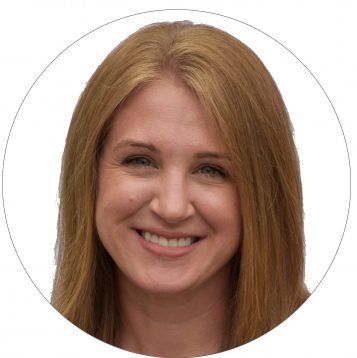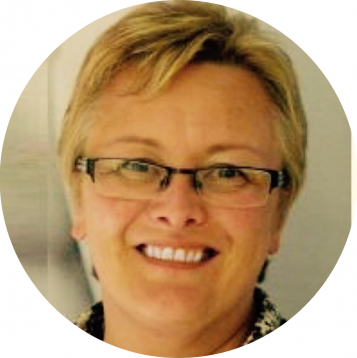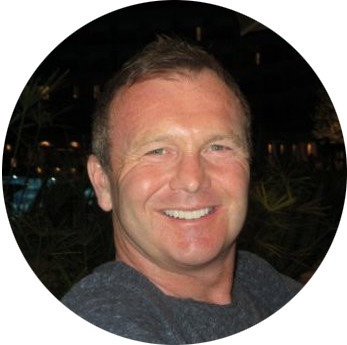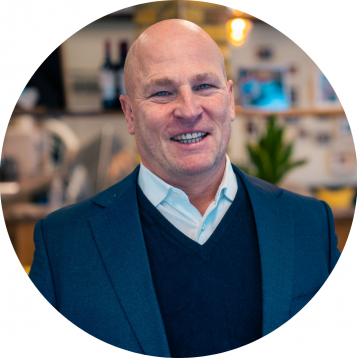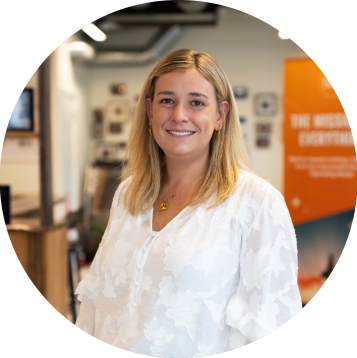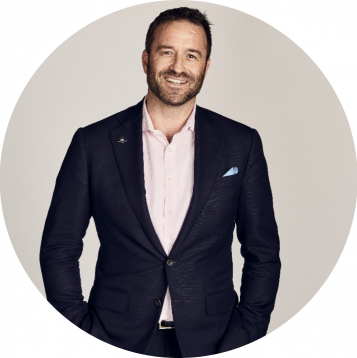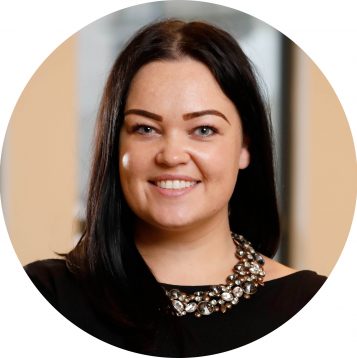By: Paul Johnson
The way organisations set themselves up for success has changed over the last 30 years. While some have found change relatively simply, others have faced an immense challenge. With the right approach to change, organisations of any size – not just small businesses and startups – will continue to grow and remain sustainable.
When you think about how things were done in the last century, and what defines the most successful companies around the world today, there are fundamental differences in business structure and ways of working. To help explain some of the concepts, I’m going to reflect on the other important role I play: a parent.
A parent’s perspective on change
I was born in the 70s, became a teenager in the 80s, and flew the nest in the 90s. Don’t get me wrong, I had a great relationship with my parents, but I remember quite a lot of ‘tough love’ back then. Now as a parent myself to two teenage daughters, I get frustrated when those same parenting tactics no longer work.

It wasn’t until I dropped the pre-conceived ideas about what I ‘should’ do as a parent that I achieved a more positive engagement with my Gen Z kids. I find that modern day parenting is a journey, not a destination, where we must allow our children to lead, make decisions, experiment, fail and learn their own lessons.
To illustrate some of the values, principles and characteristics that underpin what success looks like, I’ve created an ADAPTIVE acronym (forgive me!):
A is for Attitude (organisation culture, leadership commitment)
Parenting used to be ‘command and control’. But modern day parenting requires you to listen, offer advice and guidance so your children learn how to make the right decisions for themselves.
The same is true with business. Modern leaders need to commit to a style that nurtures and empowers talent within the organisation, rather than play the role of ‘commander’. Give people a mission but let them determine how they reach it, while supporting them along the way.
D is for Data (collect and analyse the right data sources)
Pre-Internet, both parents and businesses could get away with a complete lack of evidence-based decision making, because data and insights weren’t as readily available as they are today. Guess work and gut feel were accepted because we had no way to validate/disprove.
Nowadays, we have more data than any other time in history. But rather than collect anything and everything, as parents and leaders, we must first learn what data is most valuable to support decision-making in an honest, objective and validated way.

A is for Amplify (the voice of the customer)
Imagine your child is your customer. Once upon a time the mindset was that, ‘children should be seen but not heard’. Today, as parents we must focus on how to give our children the opportunity to share their thoughts in an honest and open way.
Customer experience is the new battleground because there are more ways and choices to engage. You never ‘own’ your customer, but you can influence them. Make advocacy an integral part of your strategy to amplify the voice of your customers across the organisation.
P is for Perfection (there is no such thing as perfect!)
Perfection is like art – a very subjective matter where everyone’s opinion differs. As parents, we constantly measure ourselves (and our children) against everyone else in the playground. But there is no such thing as perfection – to aim for it, or be measured by it, only sets you up to fail.
Instead, aim for ‘positive outcomes’, based on small incremental value goals, born from a shared ‘purpose’ and ‘understanding’. Focus on outcomes to embrace a culture of experimentation and learning where we constantly seek new ways to excite and delight. Never criticise and always be accepting of failure, with a focus to help people learn lessons for themselves.
T is for Trust (empower talent)
When I was a child, trust was something you earned. But today we freely give our children trust first, because we know it instills in them a strong sense of accountability when asked to make their own decisions, which builds strength of character.
In an organisational setting, leaders must learn to be humble and accept that good ideas can come from anywhere. But ‘trust’ is a two way street. In modern day business, leaders need to earn the trust of the people that work for them, as well as the team earning the trust of their leaders. Therefore, we must create a safe environment where our teams feel encouraged to make a decision, experiment, fail and learn.

I is for Iterative (and Incremental!)
A constant throughout the ages in both parenting and business is that we have always had opportunities to learn lessons. Very rarely is the world black and white, with a right and wrong answer. Therefore, change must be the strategy.
To support your team, we must establish a learning journey to empower and reward self learning and development. The team must set their own specific deliverables that are clearly measured and evaluate success regularly to know how to correct the course of action.
V is for Value (driven)
Parents and their children rarely agree on what they feel is ‘important’. What we perceive to be important and of value is contextual, relative, personal and specific to a point in time – therefore it’s always going to be unique to each individual. Parenting in previous generations was about imposing definitions of ‘value’ into the minds of their children, which drove a culture of prejudice and misplaced preconceptions. An approach that no longer has a place in modern day society.
Value is hard to define because it’s intangible and driven by perspectives based on our individual experiences and priorities. To find common ground, shift the focus to customer outcomes using the customer journey, and identify the activities that really add value. Remember – there is only one end customer and there is no such thing as an ‘internal customer’.

E is for Emergent (embrace change as a constant)
As children, most of us are keen to ‘fit in’, which is why we stay up-to-date with the latest fashions and trends. But as a parent, it can be really hard to keep up when it feels like your kids change their minds every 5-minutes.
In business, if you can’t keep up, you’re going to struggle to survive and thrive. Embed adaptability into your operating model using ‘emergent design’, to study the ‘system’ together with your team, and learn how to become comfortable with uncertainty, and how to embrace change as a constant.
You’ve got this!
Digital technology, the Internet and data have been instrumental to accelerate the need for very new approaches to both parenting and business. We can’t rely on the old ways of leadership – commanding our people to do as we say and punishing them the second they do something wrong.
Success in the 21st century is reliant on continuous learning. Where we experiment, reflect on the lessons learned and correct the course of action with each step of the journey.
Get in touch
WANT TO KNOW MORE ABOUT HOW S&S CAN HELP YOU AND YOUR ORGANISATION?
- Sign up to our bi-monthly newsletter The Pulse with cutting edge business insights from our experts
- If you’re a senior leader or change agent, join one of our change communities to network and share with like-minded individuals
- If you have a problem that needs solving across business change, agility, leadership or transformation and you don’t want to go down the big, traditional consulting route;











